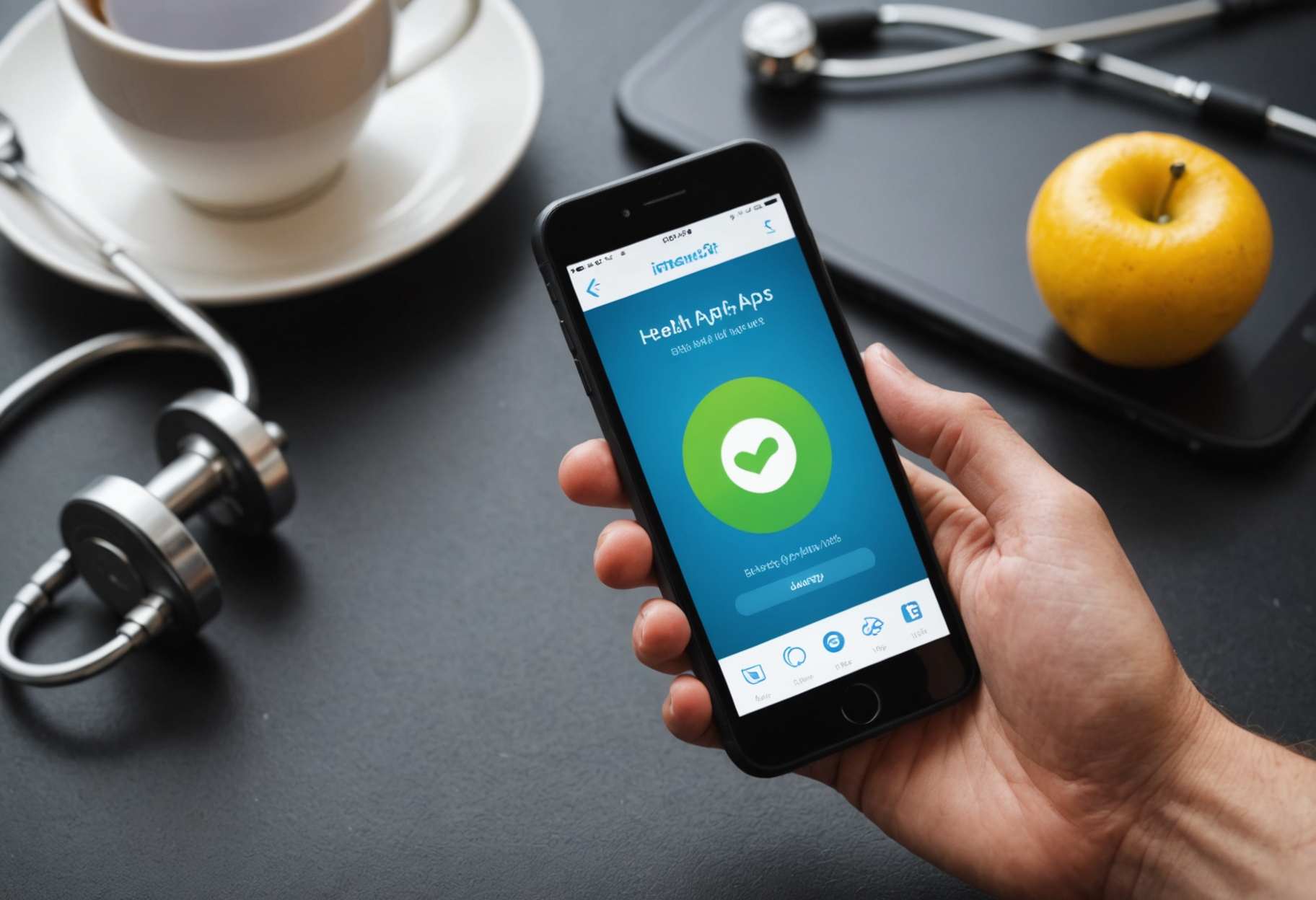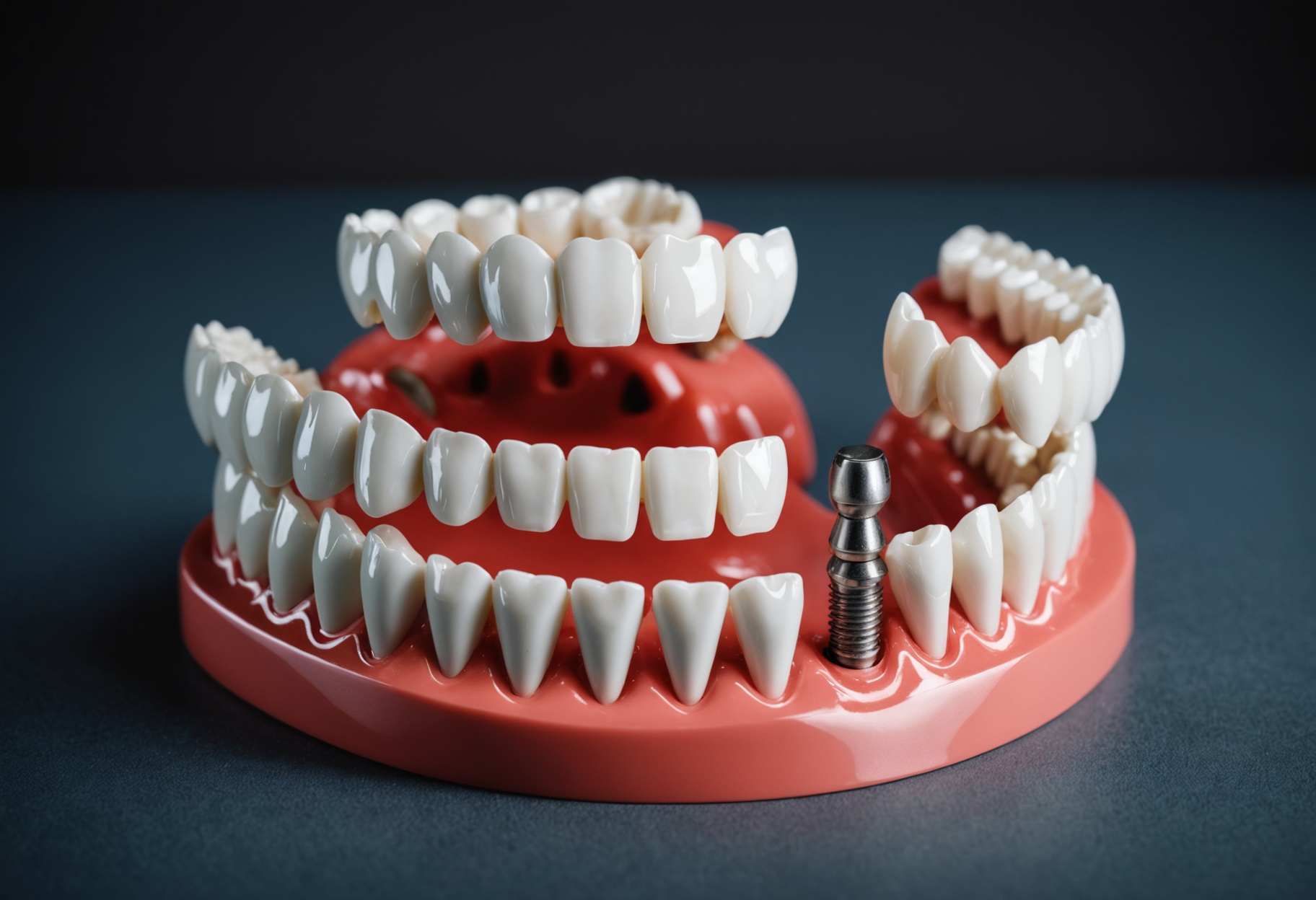- CONTACT US
- AFS
- Business
- Bussiness
- Car
- Career
- Celebrity
- Digital Products
- Education
- Entertainment
- Fashion
- Film
- Food
- Fun
- Games
- General Health
- Health
- Health Awareness
- Healthy
- Healthy Lifestyle
- History Facts
- Household Appliances
- Internet
- Investment
- Law
- Lifestyle
- Loans&Mortgages
- Luxury Life Style
- movie
- Music
- Nature
- News
- Pet
- Plant
- Politics
- Recommends
- Science
- Self-care
- services
- Smart Phone
- Sports
- Style
- Technology
- tire
- Travel
- US
- World
- エンタメ
- スポーツ
- 科学
- 経済

Some medical centers are taking a dramatic step to save mothers and babies after studies have shown too many doctors fail to follow guidelines for preventing pre-eclampsia, a potentially deadly pregnancy complication.
These hospitals now recommend that all of their pregnant patients take low-dose aspirin. Studies show the drug is safe and can help prevent pre-eclampsia, a condition characterized by high blood pressure, and other pregnancy dangers.
Last week, the March of Dimes, a nonprofit research and advocacy group focused on maternal and infant health, essentially blessed this approach, saying it may be “medically reasonable” for some medical practices to offer all of their pregnant patients the drug.
The move could pave the way for more doctors to recommend low-dose aspirin to all of their pregnant patients, much as they do already with prenatal vitamins.
Pre-eclampsia, a leading cause of death among mothers and babies, affects about 1 in every 25 pregnancies in the U.S. Black mothers and women with high blood pressure or diabetes, or who are 35 or older, among other factors, are at increased risk.
Rates of the disease have climbed 25% in the last two decades in the United States, according to the Preeclampsia Foundation.
The March of Dimes report says that in clinical trials, low-dose aspirin reduces the risk of pre-eclampsia by 15%, and also preterm birth by 20% and perinatal mortality — death of a fetus late in pregnancy or a baby in the first week of life — by 20%.
More than a decade ago, the U.S. Preventive Services Task Force recommended that pregnant women at increased risk for pre-eclampsia take low-dose aspirin, optimally from between 12 and 16 weeks of pregnancy until delivery, to prevent the complication. The American College of Gynecologists and Obstetricians has issued similar guidance — but studies show many doctors still don’t follow it.
The new March of Dimes guidelines say that if most pregnant patients in a practice are at increased risk of pre-eclampsia, it’s reasonable to recommend low-dose aspirin to all of its pregnant patients.
Some obstetricians applauded the new March of Dimes report, which is co-authored by the California Maternal Quality Care Collaborative, saying it could decrease the rates of pre-eclampsia.
“A statement by such well-respected, science-backed organizations could really move the needle,” said Dr. Adam Lewkowitz, a pre-eclampsia expert and an assistant professor of obstetrics and gynecology at the Warren Alpert Medical School of Brown University.
‘Nobody ever mentioned’ low-dose aspirin
About five weeks before her due date, Angela Jones suddenly started speaking in gibberish and her vision blurred. On her way to the hospital, she had seizures and doesn’t remember delivering her baby by emergency C-section.
If Jones’ doctors had followed guidelines from the American College of Obstetricians and Gynecologists, they would have recognized that because Jones was at increased risk for pre-eclampsia, she should have been taking low-dose aspirin during her pregnancy.
“Nobody ever mentioned anything about low-dose aspirin to me,” said Jones, who lives in Downey, California, and shared her story with the California Maternal Quality Care Collaborative. “I didn’t know you could have seizures. I didn’t know you could have a stroke, or even die from preeclampsia.”

The groups offer a screening tool so doctors can determine which of their patients should take the drug, and Jones fit several criteria: she’s Black, obese, and this was her first baby in more than 10 years.
A complicated, time-consuming formula
Many obstetricians say women like Jones get missed because doctor’s appointments, which are often just 15 minutes long, are too jam-packed to fit in a complex assessment of a patient’s risk factors.
A 2022 study from the Duke University School of Medicine looked at babies born in the U.S. in 2019, and found that 85.7% of the mothers were eligible for low-dose aspirin during their pregnancies, but according to the Society for Maternal-Fetal Medicine, less than half of pregnant patients who should be taking the drug are taking it.
Low-dose aspirin can prevent pre-eclampsia by improving blood flow to the uterus, according to the March of Dimes. While some studies have shown an increased risk of bleeding for the mother, the March of Dimes said a review of 21 randomized controlled trials showed no increased risk of bleeding, and the group says there’s no evidence of harm to mother or baby.
Because the formula to determine which pregnant women should get low-dose aspirin can be complicated and time-consuming, a growing number of major hospitals have begun recommending it to all of their pregnant patients.
Dr. David Hackney, the division chief of maternal-fetal medicine at University Hospitals Cleveland Medical Center, said the current guidelines are onerous. “It can all look good on paper, but then there’s the way things work out in the real world,” Hackney said.
Because of that, University Hospitals began recommending low-dose aspirin to all pregnant women a few months ago, he said.
The Cleveland Clinic has made the same move, said Dr. Adina Kern-Goldberger, an assistant professor at the Cleveland Clinic Lerner College of Medicine.
Parkland Health in Dallas, one of the busiest maternity hospitals in the U.S., started the practice three years ago, according to Dr. Elaine Duryea, chief of obstetrics at Parkland and an associate professor of obstetrics and gynecology at UT Southwestern Medical Center. She said her team is currently tracking pre-eclampsia rates to see whether the policy has made a difference.
At all these practices, patients can opt out of taking the medicine if they prefer, but obstetricians say most do not.
Other medical centers have been less enthusiastic about low-dose aspirin.
Northwell Health, the largest health care system in New York, does not universally recommend low-dose aspirin for all pregnant patients, according to Dr. Matthew Blitz, director of clinical research for the division of maternal-fetal medicine at Northwell Health.
“The idea is to do no harm, so giving it to everyone, including people who don’t need it, is still a big concern,” Blitz said.
Still, he noted that the screening tool is “extremely time-consuming” and it’s possible that Northwell might eventually decide to recommend low-dose aspirin for all pregnant patients.
Jones, the mom in California, said she hopes the new report will make a difference.
Last year, she became pregnant again, and even though the guidelines say she should have received aspirin — a history of pre-eclampsia is one of the criteria — she says her doctors didn’t suggest it until she was six months along, many weeks later than recommended.
She developed pre-eclampsia again, with dangerously high blood pressure and blurry vision.
“Doctors need to tell people about this,” she said. “It makes me angry — like what the heck is going on in this system?”
This article was originally published on NBCNews.com
LATEST POSTS
- 1
 Disability rights activist and author Alice Wong dies at 51
Disability rights activist and author Alice Wong dies at 51 - 2
 Lula’s former human rights minister formally accused of sexual misconduct
Lula’s former human rights minister formally accused of sexual misconduct - 3
 Palestinians reel under winter rains as Israel blocks Gaza shelter supplies
Palestinians reel under winter rains as Israel blocks Gaza shelter supplies - 4
 ByHeart sued over recalled formula by parents of infants sickened with botulism
ByHeart sued over recalled formula by parents of infants sickened with botulism - 5
 Putin, Netanyahu discuss Middle East in phone call, Kremlin says
Putin, Netanyahu discuss Middle East in phone call, Kremlin says
 Solid Propensities: Little Changes for a Superior Life
Solid Propensities: Little Changes for a Superior Life Instructions to Pick the Right Dental Embed Trained professional: An Exhaustive Aide
Instructions to Pick the Right Dental Embed Trained professional: An Exhaustive Aide Vote in favor of the wide open action that revives your brain and soul!
Vote in favor of the wide open action that revives your brain and soul! Eating ultra-processed foods could raise precancerous polyp risk for women under 50, according to research
Eating ultra-processed foods could raise precancerous polyp risk for women under 50, according to research 5 Wellbeing Applications Assist You With remaining Fit
5 Wellbeing Applications Assist You With remaining Fit The most effective method to Pick the Right Teeth Substitution Choice for You
The most effective method to Pick the Right Teeth Substitution Choice for You Strengthening through Wellness: Individual Preparation Achievement
Strengthening through Wellness: Individual Preparation Achievement Best Wellness Tracker Keep You On target
Best Wellness Tracker Keep You On target The most effective method to Pick the Right Old Consideration Administration: Key Contemplations
The most effective method to Pick the Right Old Consideration Administration: Key Contemplations












